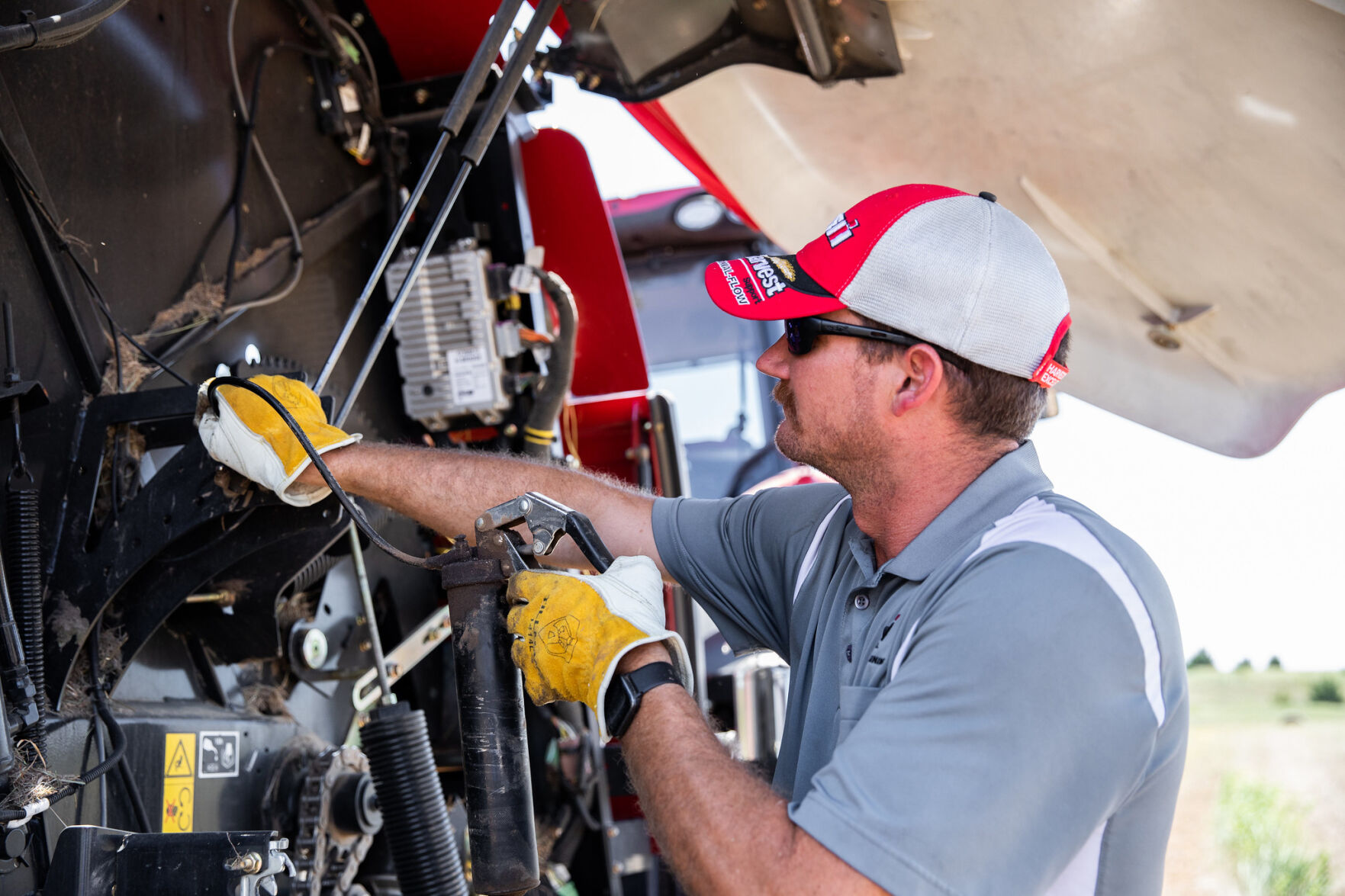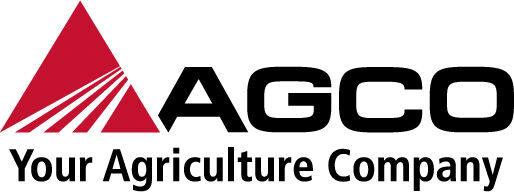Workforce programs provide hands-on instruction, real-world skills

The farm machinery and agricultural equipment manufacturing industry contributes a total output of $2.9 billion and 5,277 jobs to the Kansas economy, according to the Kansas Department of Agriculture’s 2022 Economic Contribution Report.
Finding enough workers with the skills needed to fill those roles and other agricultural jobs remains a challenge for Kansas companies, though. According to a recent KDA report, “Establishing a reliable workforce is difficult in many agricultural sectors and can be particularly problematic in this field that relies on specific technical knowledge.”
Barton Community College in Great Bend, Kansas, has several ongoing projects to help students become workers with the technical skills they need to succeed—and to continue their education while on the job. The college collaborates with industry partners, companies and community agencies to develop its educational programs and keep up with changing technology and trends.
“We really do focus our time and attention on working with our industry partners, ensuring that our students that are going through our programs are prepared to meet their needs,” said Mary Foley, executive director of workforce training and economic development at Barton.
Advisory boards
The programs Foley oversees in Barton’s workforce training and community education department meet with advisory boards twice a year. “We go through all of the curriculum, and we make sure that everything that we’re teaching is current and up-to-date and is going to fill the need for the employer.”
The college implements the advisory members’ feedback and suggestions to improve programs. “We are in the process of expanding our welding program, and the advisory board was instrumental in developing that curriculum and what those classes needed to be.”
Barton previously developed its scale technician program with the help of an advisory board. Foley said the program resulted from a partnership with KDA and provides certification and continuing education for scale technicians. Students with an interest in the weights and measures industry learn to install, repair and certify commercial and noncommercial scales. Strong industry partnerships keep the program current.
“We really do listen to what our industry partners are telling us and try to meet those needs with our curriculum and what we are teaching our students,” she said.
Workforce training at the college focuses on developing technical knowledge as well as essential soft skills like communication, getting along with others and showing up on time.
Apprenticeships
KMW Loaders, a manufacturer in Great Bend, is launching an apprenticeship program this fall. KMW Loaders received state and federal funding for the apprenticeships and is working with the college, Great Bend Economic Development and other partners on the project.
“Apprenticeship is a great path to being able to build a workforce pipeline,” Great Bend Economic Development President Sara Hayden said. “We need to be able to build those pipelines in our communities and to be able to support and sustain our businesses.”
As the city’s economic development team looked at ways to address the workforce shortage, the apprenticeship model appealed to them. However, local businesses were already too busy and understaffed to handle all the documentation and reporting necessary for apprenticeship grant compliance. Hayden said to make it less complicated for businesses to participate, they have partnered with Hamilton-Ryker to manage the reporting paperwork and with Barton to provide additional training to apprentices on campus.
“We’ve had talks with a lot of businesses, but KMW Loaders is the first one to move forward with their new apprenticeship program,” she said. The company was recognized Sept. 1 as a Barton County Apprenticeship Champion.
“This [labor shortage] is a nationwide problem, but what we can do is make sure that our employers are well educated on the current trends and the current things that are happening in the workforce marketplace. So we try to make sure we put forth plenty of different education and opportunities for them to be a part of that,” she added.
Hayden said Great Bend Economic Development hosts a two-day workforce summit with panels and educational presentations for employers as well as a job fair. A recruiting program offers incentives to local citizens to draw people to work in Great Bend. The organization also promotes entrepreneurship, and Hayden noted that Barton recently began offering an entrepreneurship boot camp to provide additional training.
“We couldn’t do any of this without partnership because in so many of these, we’re the connector. We’ll get started but then we need other partners to come to the table to really make it happen and use their expertise to take these programs to the next level,” Hayden said.
Sign up for HPJ Insights
Our weekly newsletter delivers the latest news straight to your inbox including breaking news, our exclusive columns and much more.
“Really, we’re just here to listen and be a partner for our businesses. So if there’s something that they need, then we’re going to do whatever we can to try and make that happen.”
Continuing education
Barton’s collaboration with industry stakeholders to provide hands-on instruction extends to those who are already employed in the ag equipment industry. The college has partnered with Case New Holland since 1995 to train existing CNH technicians how to maintain and repair equipment, electronics, computers and diagnostic software and learn about new CNH machinery and features.
“Our current Case New Holland program provides continuing education to technicians who are currently working at a Case New Holland dealership, so they will come if they need to get trained on a new piece of equipment,” Foley said.
Technicians across the country get hands-on training from Mark Bogner, the college’s CNH program instructor, then go back to work at their dealership.
Barton is in the early stages of adding CNH Industrial’s new Top Tech program to expand its ag mechanics offerings at the college. If approved, the proposed Top Tech addition would provide dealerships with new technicians who have CNH Level 1 training and farm machinery repair skills.
Foley said that “much like all the other industries in the area, they are telling us that they need people—they need employees. So we’re hoping to fill that that market for them where we can train them and then they can go work at a dealership.”
New ag complex planned
Barton recently announced it was awarded a one-to-one matching grant totaling $1,843,594 to construct an Agriculture, Farm Machinery, and Transportation Technology Complex on campus.
Foley said the new building would house the college’s Commercial Driver’s License program and third-party CDL testing site. The new complex would also house the anticipated CNH Top Tech program and have lab space for Barton’s crop protection and animal science programs.
The Barton Community College Foundation is accepting donations to the building project, and some tax credit opportunities are available.
Making connections between workplaces and educational programs helps Barton develop well-rounded students who are ready to meet area industries’ need for skilled laborers when they graduate.
To learn more, visit https://bartonccc.edu.
Shauna Rumbaugh can be reached at 620-227-1805 or [email protected].



